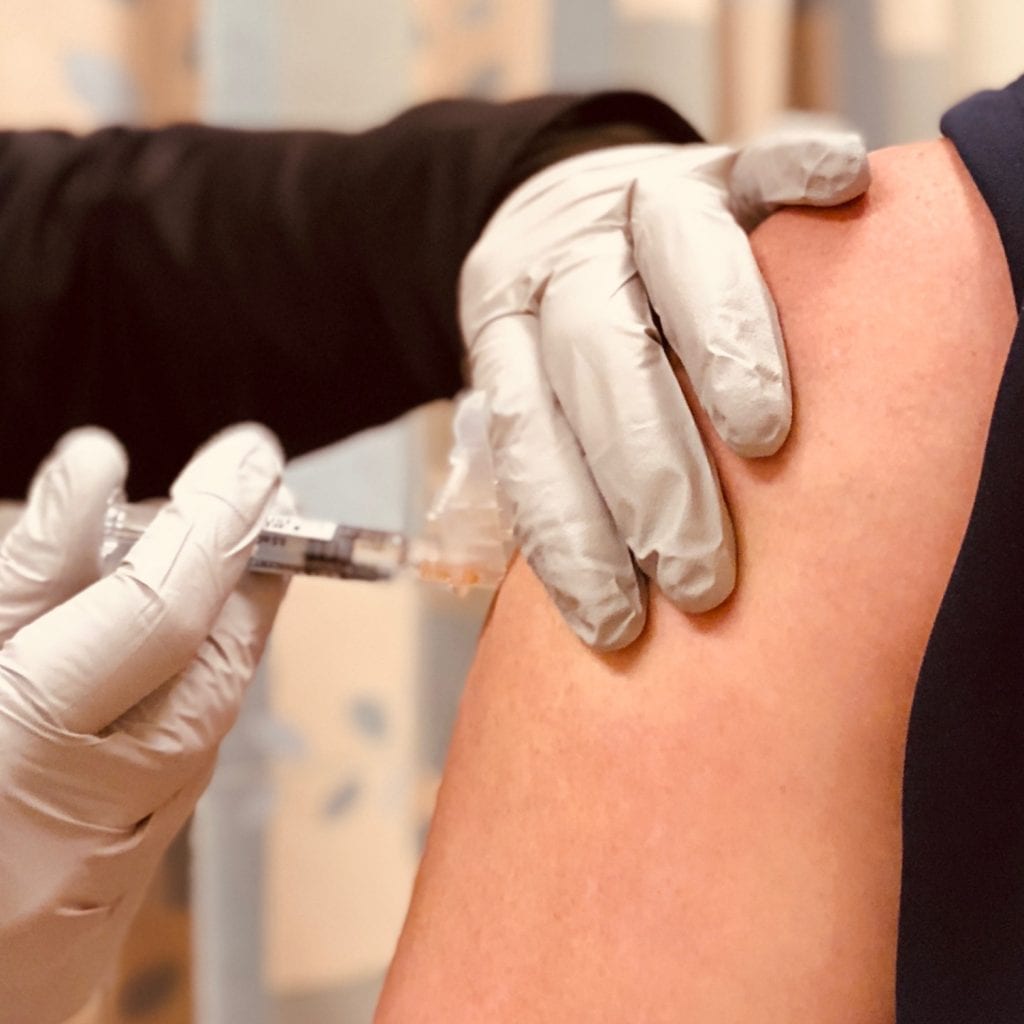
With the arrival of flu season the Hingham Health Department urges people to get vaccinated now and protect themselves, their families and prevent the spread of the flu.
Every year in the United States seasonal flu causes thousands of hospital admissions and deaths. While there is no way to predict the severity of this year’s flu season, we do know that the best way to protect yourself is to get vaccinated!
According to Kathy Crowley, RN, Hingham Public Health Nurse, “It’s never too late to get a flu shot and I always say it’s worth the shot! Each year a new flu vaccine is created to protect against the top three to four strains or types of flu viruses that are expected to be circulating for that season. There are different options for flu shots including a high-dose shot for people sixty-five and older. You should consult with your primary care physician to see which vaccine is best for you and your family."
The Center for Disease Control recommends all people over the age of six months be vaccinated with the flu vaccine by the end of October. It takes approximately two weeks after vaccination to develop full immunity. Studies have shown that flu vaccination usually reduces the risk of flu illness by 40% to 60% among the overall population when the vaccine viruses are like the ones spreading in the community. Even if you do get the flu after being vaccinated, some studies have shown that a flu vaccine can reduce the severity of your illness. Flu vaccination is not a perfect product, but it is the best way to protect against flu infection.
“The flu vaccine is redesigned each year to match the strains of flu that are currently being reported most often to the CDC. The flu vaccine actually protects against 3 or 4 viruses each year. There are 2 types of flu virus (a and b) and several different variants of both,” said Susan Swords, MD, Internal Medicine at South Shore Medical Center, and Hingham resident. “Flu viruses are constantly evolving and so it’s impossible to ever get a perfect match. The flu vaccine is basically researchers best guess of the types of flu virus that will be seen that year.”
If you think you have the flu, contact your healthcare provider as soon as possible. Your physician may treat you with a flu antiviral drug and give other recommendations to reduce complications of the flu such as pneumonia. This is especially important for people at a higher risk of serious health problems when they get the flu, including pregnant women, infants, older adults and people with a long term chronic medical condition.
As always careful handwashing and avoiding contact with people who are sick will help prevent the spread of all viruses. Stay home from work and school if you are sick and avoid contact with others until you have been free from fever for at least 24 hours.

